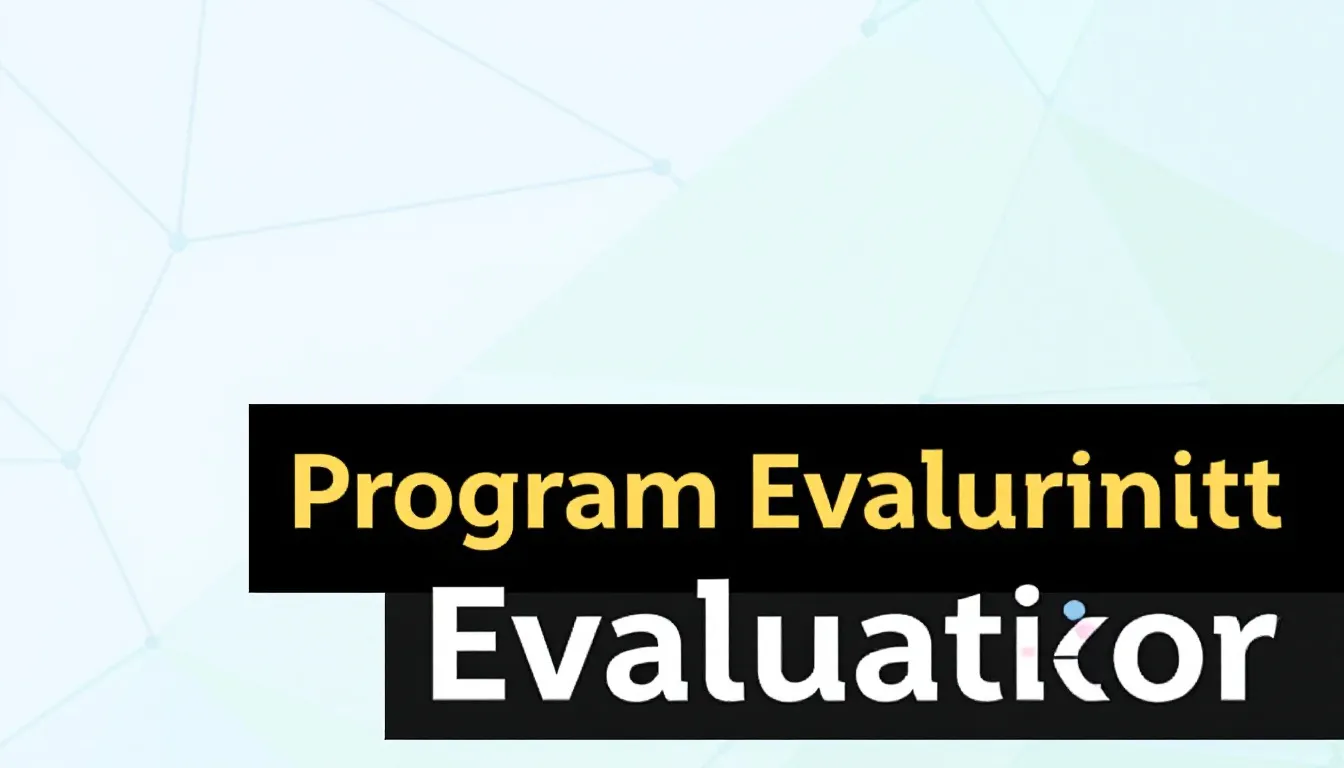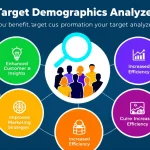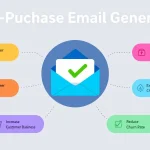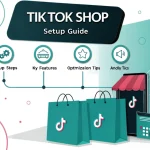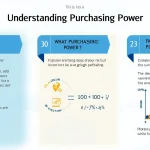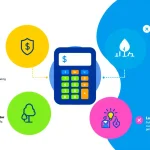Is this tool helpful?
How to Use the Subscription Model & Loyalty Program Evaluator Effectively
To get the most accurate evaluation for your business’s subscription model and loyalty program potential, follow these steps to use the tool:
- Business Name: Enter your company name (e.g., “Sunset Wellness Spa” or “TechGear Solutions”)
- Business Type/Industry: Specify your industry sector (e.g., “Health and Wellness Services” or “Consumer Electronics”)
- Customer Data: Input detailed information about your current customer behavior patterns, including purchase frequency, average transaction values, and customer preferences
- Business Goals: Define your specific objectives for implementing a loyalty program
- Budget: Enter your allocated budget for program implementation
Understanding the Subscription Model & Loyalty Program Evaluator
This comprehensive evaluation tool helps businesses analyze their potential for implementing successful subscription-based models and loyalty programs. It processes your input data through advanced algorithms to provide tailored recommendations and insights based on industry best practices and customer behavior analysis.
Key Components of the Evaluation Process
The tool analyzes several crucial factors:
- Customer purchase patterns and frequency
- Industry-specific success metrics
- Budget allocation effectiveness
- Program structure recommendations
- ROI projections and feasibility assessments
Benefits of Using the Subscription Model Evaluator
1. Data-Driven Decision Making
The evaluator transforms raw business data into actionable insights, enabling informed decision-making for program implementation.
2. Cost-Benefit Analysis
Receive detailed projections of potential returns based on your input parameters, helping you assess the financial viability of your program.
3. Customized Recommendations
Get tailored suggestions for program structure and features based on your specific industry and customer base.
4. Risk Assessment
Identify potential challenges and opportunities before implementing your program, allowing for better strategic planning.
How the Evaluator Addresses Business Needs
The tool specifically addresses common business challenges through:
Customer Retention Analysis
The evaluator calculates potential customer retention improvements using the following formula:
Revenue Projection Modeling
Expected revenue impact is calculated using:
Practical Applications and Use Cases
Retail Business Example
A boutique clothing store, “Fashion Forward,” used the evaluator with these inputs:
- Business Type: Fashion Retail
- Customer Data: Average purchase of $85, 4 visits per year
- Goals: Increase visit frequency to 6 times per year
- Budget: $10,000
The evaluation provided a tiered loyalty program structure with projected 25% increase in customer retention.
Service Industry Example
A fitness studio, “PeakFit,” utilized the tool with:
- Business Type: Fitness Services
- Customer Data: $120 monthly average spend, 60% annual renewal rate
- Goals: Improve renewal rate to 75%
- Budget: $15,000
The evaluation recommended a hybrid subscription model combining class packages with membership perks.
Implementation Strategies
Program Structure Development
Based on the evaluation results, businesses can implement:
- Point-based systems
- Tiered membership levels
- Subscription packages
- Hybrid models combining multiple approaches
Customer Engagement Optimization
The tool provides guidance on:
- Reward structure design
- Communication strategies
- Member benefits allocation
- Program promotion techniques
Frequently Asked Questions
What types of businesses can benefit from this evaluator?
Any business with regular customer transactions can benefit, including retail stores, service providers, restaurants, and online businesses.
How long does it take to implement the recommended program?
Implementation timelines typically range from 4-12 weeks, depending on program complexity and business size.
What’s the minimum customer base needed for an effective loyalty program?
Successful programs can be implemented with as few as 100 regular customers, though benefits scale with larger customer bases.
Can I modify the program after implementation?
Yes, programs can and should be adjusted based on performance metrics and customer feedback.
How do subscription models differ from traditional loyalty programs?
Subscription models focus on recurring revenue through regular payments, while loyalty programs reward customer behavior and purchases.
What ROI can I expect from implementing these programs?
ROI varies by industry and implementation, but successful programs typically show 15-25% increases in customer lifetime value.
Advanced Features and Considerations
Integration Capabilities
The evaluator considers various integration points:
- POS system compatibility
- CRM integration requirements
- Mobile app potential
- Email marketing platforms
Scalability Analysis
The tool assesses program scalability through:
- Growth projection modeling
- Resource requirement forecasting
- Technology infrastructure needs
- Operational capacity assessment
Success Metrics and Tracking
Key Performance Indicators
Monitor program success through:
- Member engagement rates
- Customer lifetime value
- Program participation percentage
- Revenue impact measurements
Regular Assessment Methods
Evaluate program effectiveness using:
- Monthly performance reviews
- Customer feedback analysis
- Redemption rate tracking
- ROI calculations
Important Disclaimer
The calculations, results, and content provided by our tools are not guaranteed to be accurate, complete, or reliable. Users are responsible for verifying and interpreting the results. Our content and tools may contain errors, biases, or inconsistencies. We reserve the right to save inputs and outputs from our tools for the purposes of error debugging, bias identification, and performance improvement. External companies providing AI models used in our tools may also save and process data in accordance with their own policies. By using our tools, you consent to this data collection and processing. We reserve the right to limit the usage of our tools based on current usability factors. By using our tools, you acknowledge that you have read, understood, and agreed to this disclaimer. You accept the inherent risks and limitations associated with the use of our tools and services.
